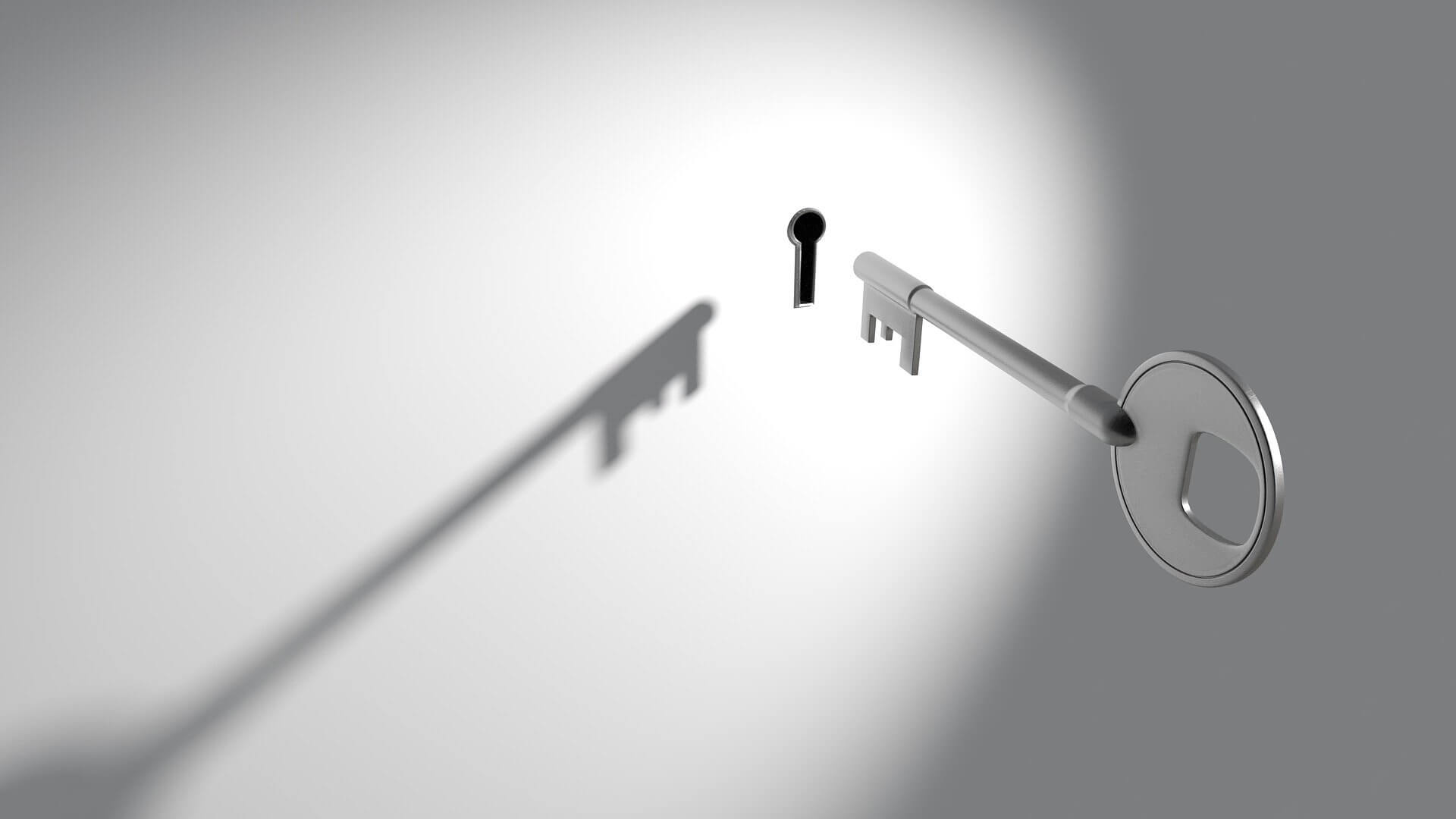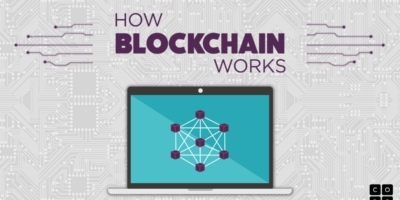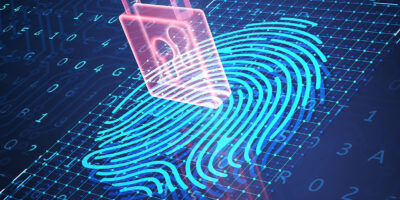
Technology is a major part of our lives, and the risk of a cyber attack is always increasing. People contact many digital devices daily, which are prime targets for hackers. From your phone to your TV to your watch, they’re all connected to the same network and can be infected with malware or hacked.
1) Update all of your software regularly
There are two key areas to consider. Firstly, is your operating system and any applications on your computer up-to-date? Websites like Microsoft or Apple advise you to update their software regularly. This is because they’re constantly developing code that corrects possible vulnerabilities, which increases the computer’s security. Some models of computers will automatically update software, while others will have updates available on a website.
2) Use a strong password that you can remember
When signing up or logging into your computer, use a password that you can remember. If you use the same password every time, you should have no problem remembering it. If you’re worried about forgetting it, then write it down and keep the password in a secure place. Changing your password regularly will also be more secure and harder for hackers to crack.
3) Delete any ‘junk’ from your computer that you no longer need
Cluttering up your computer with unnecessary files or programs will only put it at risk of having malware installed on it. You can use the disk cleanup tool on Windows computers to eliminate unnecessary files. On Mac computers, you can use the ‘Trash’ folder or type “Empty Trash” into Spotlight (the magnifying glass at the top left corner of the screen).
4) Do Not Click on Suspicious Websites
If you’re browsing the internet, don’t click on any suspicious websites that you may come across. These will often try to trick you into signing up for services or downloading software that contains malware. If you think a website has malicious content, do not click on it, and if possible, do not even visit it again.
5) Use an Antivirus Program
A good antivirus program is an important part of keeping your computer safe. It will check what you’re downloading and the behavior of whatever programs are running. A malware program will look for ways to infect your computer. Using a password manager will help protect you from this type of hacker, but it is still preferable to complete the above steps first.
Hacking is a crime, and while some people may not always take it seriously, it is illegal in many countries. It is also a big problem for the technology industry because malicious attacks cost companies millions yearly. As an individual user, you can do your part to protect yourself from hacking by following these five simple steps.









